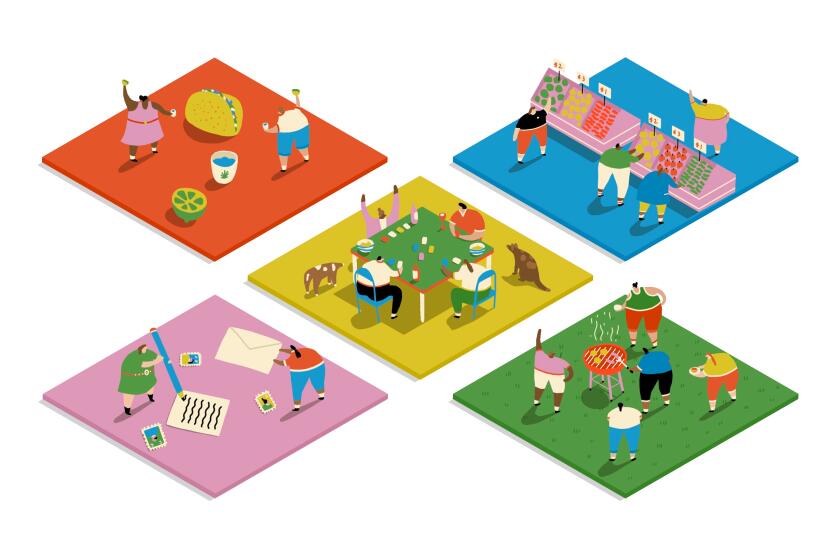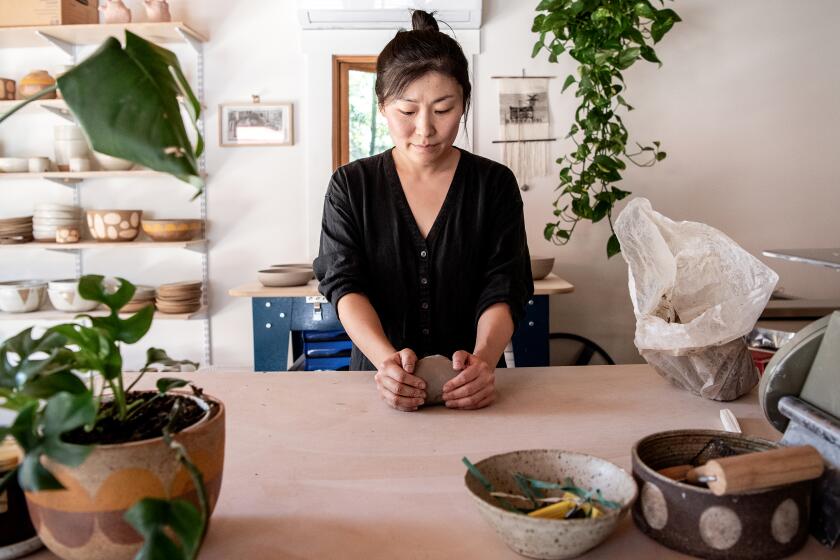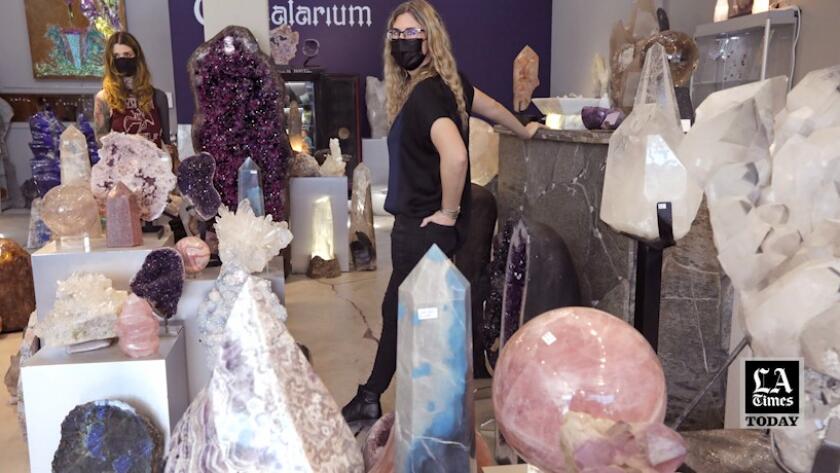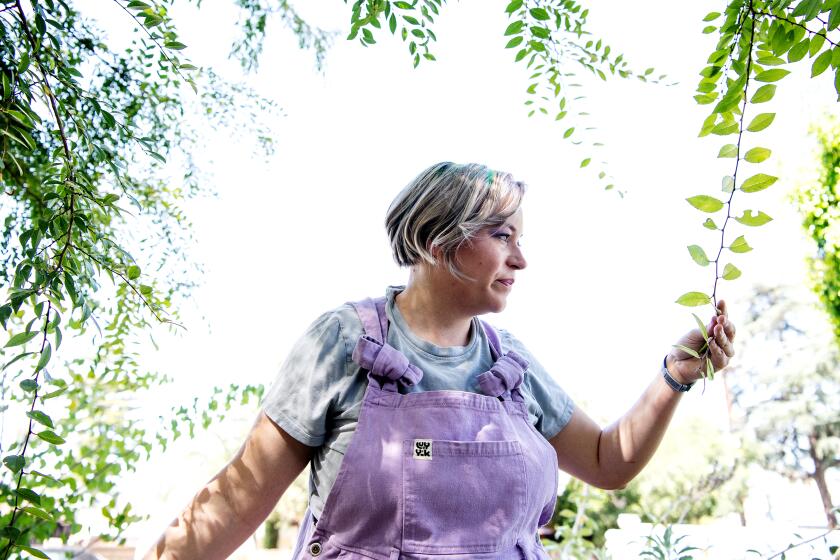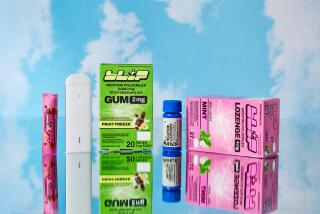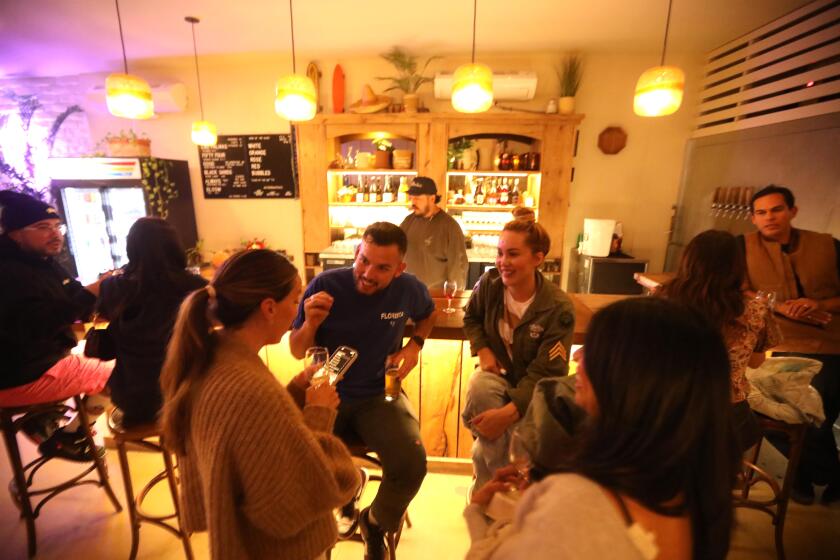The Goop-ification of wellness is on the way out (you can thank Gen Z)
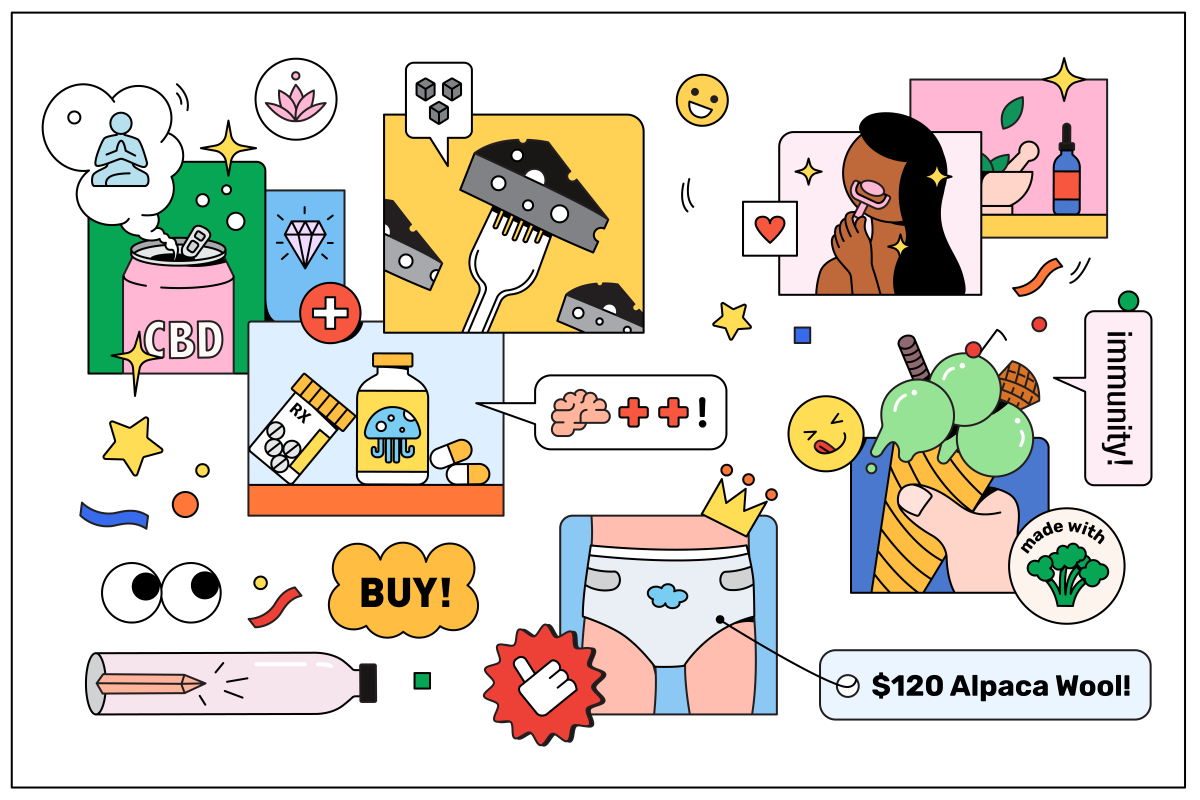
The new cheese puff snack brand Ffups stresses that they are not a “better-for-you” alternative.
They make no promises of rejuvenated digestion, extra nutrients or plant-based goodness. These “unapologetically indulgent” puffs are just tasty “things for your mouth.”
“If you’re worried about Ffups being healthy, you’re on the wrong website,” reads the blunt marketing copy. “Go eat some carrots!”
Andrea Hernández, the creator of snack trend newsletter Snaxshot, has witnessed a new generation of brands rejecting aggressive health marketing claims, which have begun to feel like “Mad Libs” of every nutrient under the sun. Consumers were bombarded with charcoal-infused cheddar cheese and vegetable ice cream (“It’s good for immunity!”). CBD seltzer promised a “meditation in a can.” Even Evian released a line of functional “mineral enhanced” sparkling water called Feed Your Mind to allegedly boost cognitive function.
“The funniest was beverage brands having to label themselves as dietary supplements — as opposed to being labeled as a beverage — because of all the unverified claims,” laughs Hernández. Shoppers, meanwhile, are exhausted. “People [think], why do we need adaptogen cookie dough?”
While America will never fully retire its long-standing penchant for cure-all claims and bizarre health products, consumers might notice a retreat of late. In much the same way that overproduced, commercialized ’80s rock gave way to understated ’90s grunge, a course correction is finally here — and not just on supermarket shelves.

Subscribers get exclusive access to this story
We’re offering L.A. Times subscribers special access to our best journalism. Thank you for your support.
Explore more Subscriber Exclusive content.
The Goop-ification that marked the last decade of consumerism (as exemplified by Gwyneth Paltrow’s feel-good nostrums) shows increasing signs of decay as shoppers, especially Gen Z, exhibit a more critical eye.
“What’s aspirational has changed,” says Beth McGroarty, research director at the nonprofit Global Wellness Institute. Pressures to be perfectly happy, beautiful and “healthy” are being replaced with a more realistic and relaxed, less consumerist culture.
“[Gen Z] is very much outspoken about imperfection as a counter to [the millennial] generation that wanted everything to be and look perfect,” says Hernández. She points to brands like Rotten gummy worms, which lean into a “gross,” messy aesthetic — a far cry from the sleek pastel, minimalist branding that marked peak wellness. “What you see is the rejection of the ‘girl boss’ and stuff like that … everything that has to do with trying to appear [a certain way].”
A tipping point for the ridiculous
In May, Goop announced $120 luxury diapers lined with virgin alpaca wool and infused with a floral jasmine scent. They were held together with “emotional-cleansing crystals.” The announcement was ultimately revealed as a publicity stunt, but it was also a telling moment: People had a hard time distinguishing farce from reality. And more than anything, women seemed tired of Goop’s antics. The brand’s Instagram began garnering comments like “Is this a joke?” and “This is ridiculous.”
Goop isn’t the whole of wellness, though presumably its most infamous brand. The company’s arsenal of head-scratching products — from vaginal jade eggs to “psychic vampire repellent” — joins an entire industry of items like gluten-free shampoo, crystal-infused water bottles and homeopathy “for the temporary relief of nightmares.”
Southern Californians leaned on new and old friends to build support systems as the COVID pandemic turned their lives upside down.
Then there was the never-ending stream of CBD products: cannabidiol butt balm, mouthwash, leggings, even toilet paper to “make life feel a little easier with each wipe.”
“I feel like ‘As seen on TV’ products found their way to Instagram,” says Charlotte Palermino, a veteran beauty writer, TikTok influencer and co-founder/chief executive of Dieux skincare brand.
Social media and influencers weren’t alone in promoting these fantastical creations. Palermino noted a fundamental shift in media that valued speed and volume over quality. As publishers tried to keep up with an increasingly competitive landscape, they posted more and more shocking or viral clickbait, of which the wellness industry provides plenty.
Meanwhile, suppliers competed for the most aggressive claims, some based on paltry studies, which brands parroted. In a highly saturated market, notes Palermino, how are you going to differentiate yourself? “You’re going to shout louder than the person next to you.”
By now, we’ve hit sensationalism fatigue. Many consumers feel like hoarders. They crave simplicity and efficacy. “If I launched some wild CBD product, I don’t know if any publisher would pick it up,” says Palermino. “I don’t think that it would even perform on clicks.”
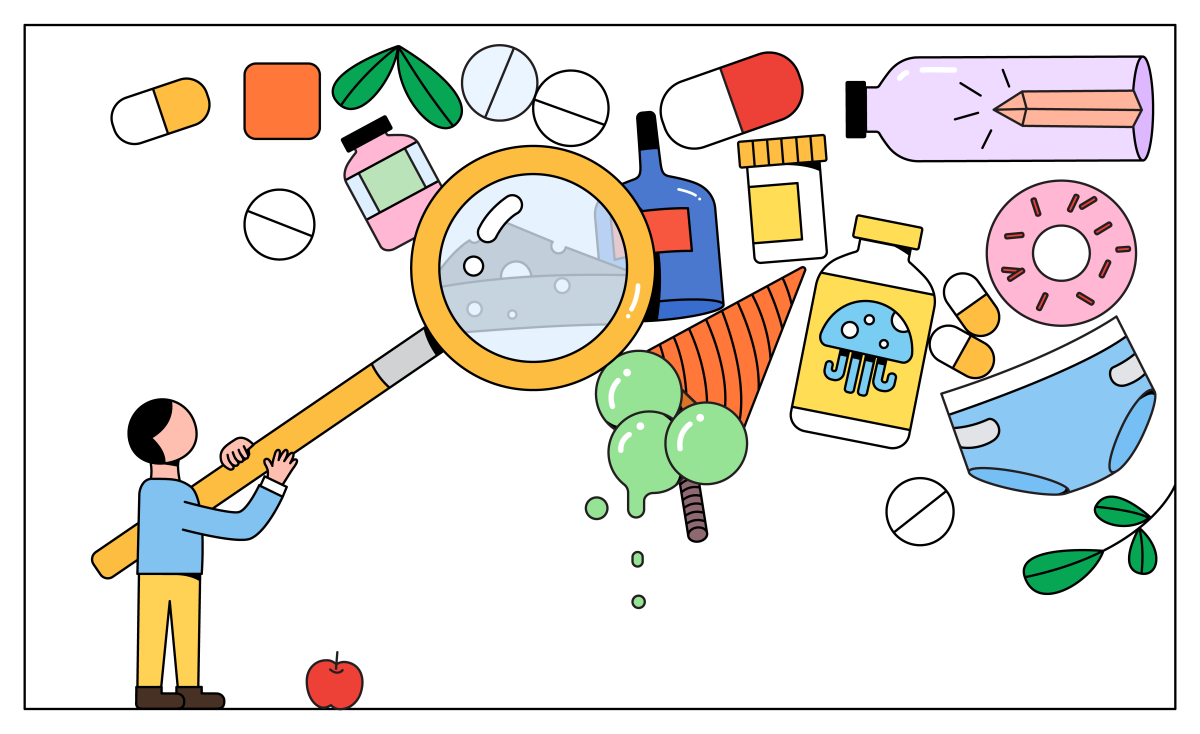
Take activated charcoal, the Instagrammable ingredient that infiltrated everything from toothpaste to skin care, despite little scientific evidence of health benefits. Spate, a consumer-trends AI platform that analyzes over 20 billion data signals across beauty and wellness, reports a 31% decline in charcoal-related searches since last year.
“But there’s always going to be another trend that replaces it,” reports Spate co-founder Yarden Horwitz, highlighting newcomer ingredient sea moss. “That’s how trends work.”
Horwitz says beauty shoppers are more concerned with aesthetics — like bold makeup — than wellness. Following pandemic lockdowns, people might be more eager to get out and look good. Likewise, unregulated marketing terms like “natural” or “organic” beauty also are declining (both dipped roughly 11%). Clean beauty, a sector whose claims consumers have begun to question, is down 5.8% year-over-year across beauty.
Manufacturers and brands also have begun to show more restraint in their hyperbole, especially after numerous lawsuits and fines targeted wellness marketing and scam products. Watchdog groups such as Truth in Advertising have filed complaints with the Federal Trade Commission against companies like Prevagen for selling “memory-boosting” jellyfish supplements. (In 2017, the FTC and New York’s attorney general charged Prevagen with fraud.)
“I used to see a silly or over-complex trend every week,” says McGroarty. “That kind of wellness, which is based on a kind of hysterical fashion timeline … just absolutely slowed down.”
After managing grief, anxiety and depression, video game designer Ana Cho turned to pottery and woodworking to sustain her.
Mainstream media, meanwhile, is covering more and more studies casting doubt on cure-all claims. While many touted ingredients boast healthful properties, they’re often exaggerated or the research is still too inconclusive for definitive takeaways.
Many consumers shoved their CBD creams into drawers after experiencing little impact, while a portion of their “natural” beauty products grew mold from a lack of adequate preservatives. These shoppers reflect a more “been there, done that” mentality. They’ve grown more skeptical.
Jennifer Olney, 37, a mother of two in Vancouver, Wash., developed gallstones during her first pregnancy in 2017. She says she went down a “rabbit hole” of remedies promoted by wellness influencers. One said celery juice, which is sold in health stores across the country, could cure nearly everything. “It sounds so insane. But that’s where I was at.”
The juice did not work. Olney eventually had to have her gallbladder removed, which instantly fixed her issues. “[I’ll think] I’m gonna try it,” says Olney, who also tried wellness remedies for fertility issues, “and then Western medicine has won out every time.”
Watch L.A. Times Today at 7 p.m. on Spectrum News 1 on Channel 1 or live stream on the Spectrum News App. Palos Verdes Peninsula and Orange County viewers can watch on Cox Systems on channel 99.
Tired: Bogus claims. Wired: Scientific evidence
Wellness influencers pushing pseudoscientific products have some new competition of late. Scientists, healthcare experts and doctors have become social media stars in their own right, debunking wellness myths and impacting those who may have been previously swayed.
Dr. Danielle Belardo is a cardiologist and influencer who hosts a podcast called “Wellness: Fact vs. Fiction,” where she debunks popularized health trends such as “carnivore diet” supplements. “Wellness: Fact vs. Fiction” recently made iTunes’ top 10 health podcasts list, which is progress seeing as how most health podcasts are not evidence-based.
“The pandemic really elucidated how much of a public health issue [misinformation] was,” says Belardo.
COVID-19 inspired many Americans to evaluate their personal wellness and their health knowledge. Evidence-based medicine became more attractive — and necessary. (On the flip side, the pandemic also pushed some groups to become more suspicious of the medical establishment.) Call it scrutiny or common sense, but more consumers nowadays check under the hood.
Some people dismiss concerns about questionable products, citing the power of the free market to self-regulate, but deceptive marketing isn’t harmless. Belardo has received thousands of letters from listeners who say they were personally harmed by wellness scams. They followed some guru and bought a hawked product, which led them to delay obtaining a proper diagnosis or medical care. “And that doesn’t even count the financial harm or stress from them spending a lot of money on various things,” adds Belardo.
A garden planted with water savings in mind served as a comfort during a difficult year.
Consumers aren’t done with wellness, but increasingly they want to separate promising solutions from the hucksters, the snake oil from the evidence-based. They demand more consumer trials, clinical studies and accreditations to establish credibility after controversial incidents of false claims, reports trend forecasting company WGSN.
Jennifer Hauser, managing director of PR firm Edelman’s global health and consumer practices, agrees that we’re starting to see the greater industry acknowledge the importance of clinical evidence.

Analysts also partially credit the skepticism of older Gen Z-ers, a group raised by practical Gen X parents. They are less likely to take extreme claims at face value and more interested in scientific research.
“This is a generation that has a real need for safety,” says Hauser, noting that Gen Z experienced both the global recession and the pandemic during their formative years.
But Bonnie Patten, executive director of Truth in Advertising, explains that while certain population segments have become better educated and more critical of wellness marketing, others have become even more susceptible. More vulnerable populations, including cancer patients, the elderly and parents of children with special needs, have been increasingly targeted. They tend not to exhibit as much skepticism because, as Patten says, “They’re desperate and looking for any hope.”
These groups have a tougher time analyzing marketing, which is more sophisticated than in decades past, notably in manipulating studies’ findings and exploiting scientific lingo such as “clinically tested.” “That’s a really hard claim for a regular consumer or the target audience — a senior citizen — to parse out,” says Patten. “Clinically tested” doesn’t connote anything about research quality, testing results or the product’s efficacy. Testing could have shown it’s a useless product.
Consumers are told to look at the science, but without adequate science literacy or the ability to decipher studies, they’re often unable to see through slick marketing. “Deceptive health and wellness claims are not going away. The only hope we have is that over time there’ll be enough education so that the market for them will continually shrink,” says Patten.
Yelling on vacation is a panic response. But we don’t have to give in to it. Here’s how to stop fighting while traveling, even when it gets stressful.
Still, healthcare experts and industry insiders express optimism about the future. Belardo senses a resurgence of people feeling invigorated by scientific evidence. Palermino predicts we’re headed to a more sophisticated beauty market better focused on efficacy. And Hernández sees more consumers interested in enjoying their food without obsessing over trendy ingredients that may or may not move the health dial.
“People are seeking more of the basics,” says McGroarty, who notices a calmer wellness landscape that’s less “product du jour-driven.” That doesn’t mean a more boring landscape or less innovation, just perhaps more opportunities for evidence-based solutions. “It feels like people are trying to figure things out. It does feel so different.”
Rina Raphael is the author of the forthcoming book “The Gospel of Wellness.”
More to Read
Sign up for This Evening's Big Stories
Catch up on the day with the 7 biggest L.A. Times stories in your inbox every weekday evening.
You may occasionally receive promotional content from the Los Angeles Times.
